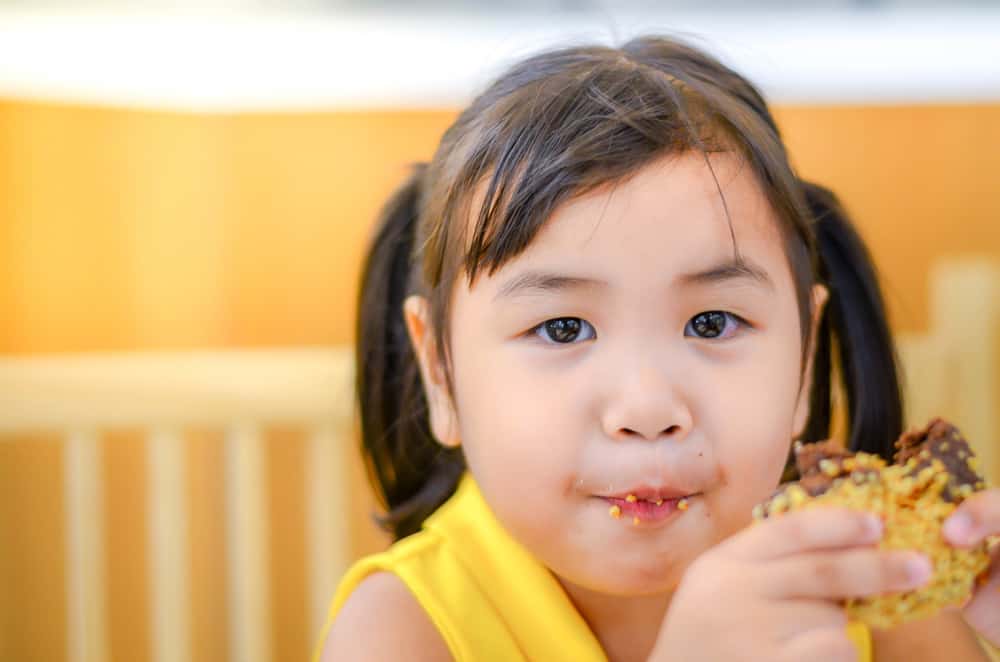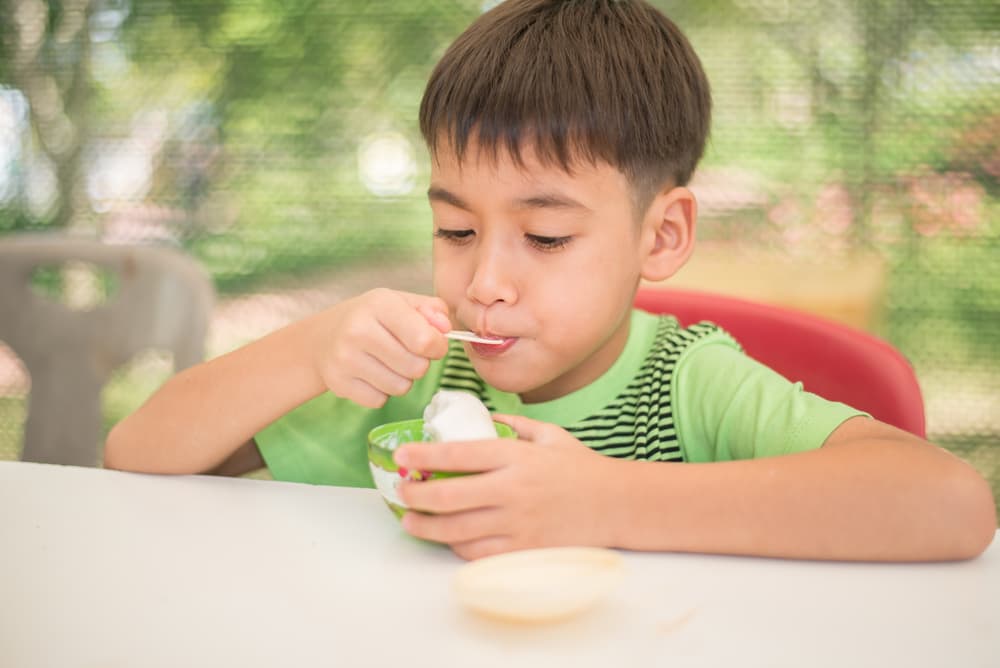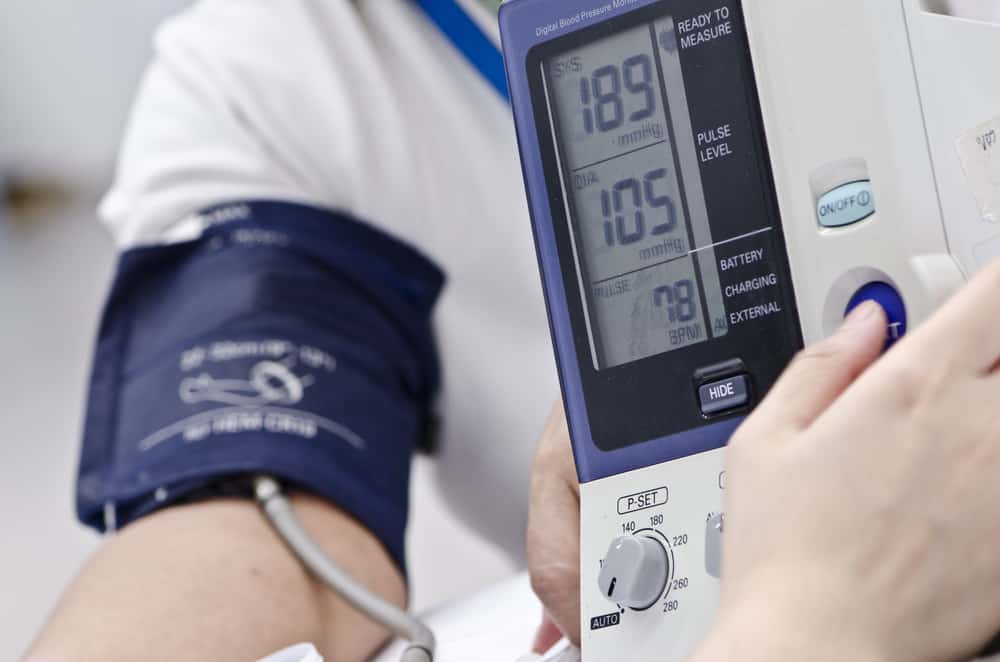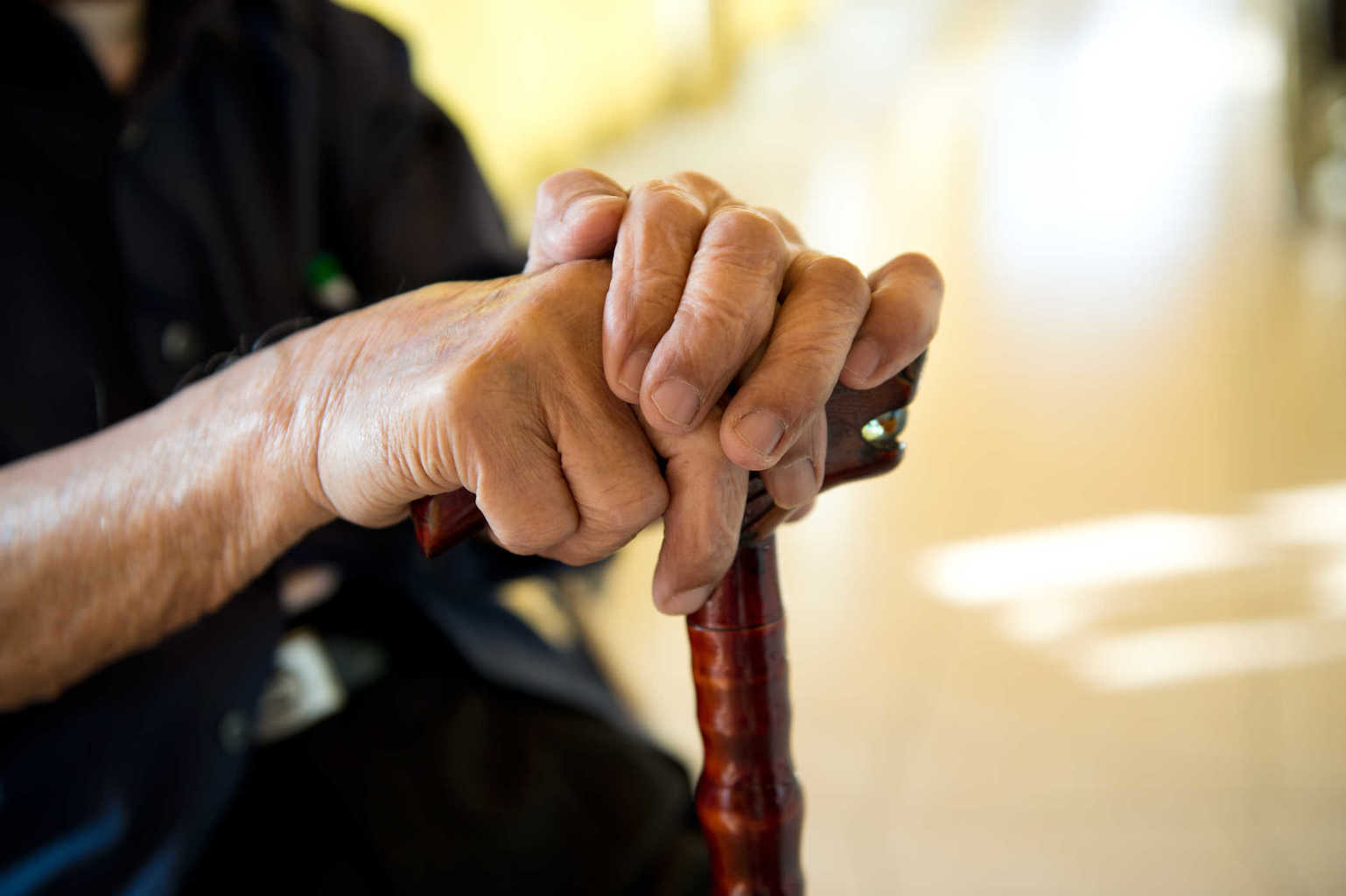Contents:
- Medical Video: 7 Parenting Tips to Deal With a Naughty Child
- Is my child a person? emotional eater?
- How to prevent children from eating when they are emotional?
- 1. Tell your child why and when they eat
- 2. Don't eat right away, wait until the emotions subside
- 3. Divert children's attention to other activities
- What if all of the above methods don't work?
Medical Video: 7 Parenting Tips to Deal With a Naughty Child
Many people usually try to divert negative feelings through eating. When you are stressed out, lonely, sad, anxious, or bored, maybe you will eat favorite foods to feel better. Eat habits when emotions are called emotional eating, namely eating activities to vent emotions, not because of hunger or need to eat.
Unfortunately, without you realizing it, your eating style as a parent has a big influence on children's eating habits. Even the words, "Tiring day, you want to eat ice cream," can make your child think that they can eat whatever they want when they feel tired. So don't be surprised if your child will say, "Mother, me tired From then on? We just eat ice cream, huh? "
A Norwegian study has found that when parents "bribe" children aged 4 and 6 years with food, these children tend to have eating habits when they are emotional at ages 8 and 10 years.
Is my child a person? emotional eater?
Then what about your own sons and daughters? Have you consciously or unconsciously trained your children to eat when they are emotional? Here are some things you can ask yourself.
- Do you always provide food or drinks when your child cries or is sad?
- Do you always provide food or drinks when your child goes berserk (tantrum)?
- Do you always provide food or drink as a reward for your child's success?
- Do you always provide food or drink when you want to leave your child alone?
- Are you used to eating in front of your child when they feel disappointed, sad, or other negative feelings?
If all the answers are yes, then you indirectly educate your child to be a person emotional eater.
Children develop eating habits by observing how their parents or caregivers eat. If they see their parents or caregivers eating food like ice cream, chocolate, junk food, and others when they are emotional, so children will imitate their eating habits when they are emotional.
How to prevent children from eating when they are emotional?
1. Tell your child why and when they eat
The first step is to tell your child that eating is an activity carried out to eliminate or reduce hunger. So they can eat when they are hungry and stop when they are full.
2. Don't eat right away, wait until the emotions subside
Moment negative feelings appears, not infrequently children will immediately take the food they like without thinking whether they are really hungry or just want to vent emotions for a moment.
Therefore, when the child has begun to whine for food, emphasize that he or she can only eat when it is no longer emotional. For example, if you stop crying or go berserk. Usually, after the emotions subside, the child is not so eager to eat anymore.
Over time, the child will get used to trying to calm down first when emotions, instead of eating right away.
3. Divert children's attention to other activities
Give understanding that negative feelings such as sadness, disappointment, and anger are normal emotions and can be accepted. So, don't make it a habit for your child to use food as a distraction from these negative feelings.
You better help them to overcome these negative feelings and help them find other ways to overcome them. For example, by going out of the house, riding a bicycle, vent to parents, listen to music, and others.
What if all of the above methods don't work?
If you have started to worry about your child's eating habits, consult a pediatrician. Your doctor will help you overcome your child's eating habits to prevent excessive weight gain that increases risk obesity to your child.













